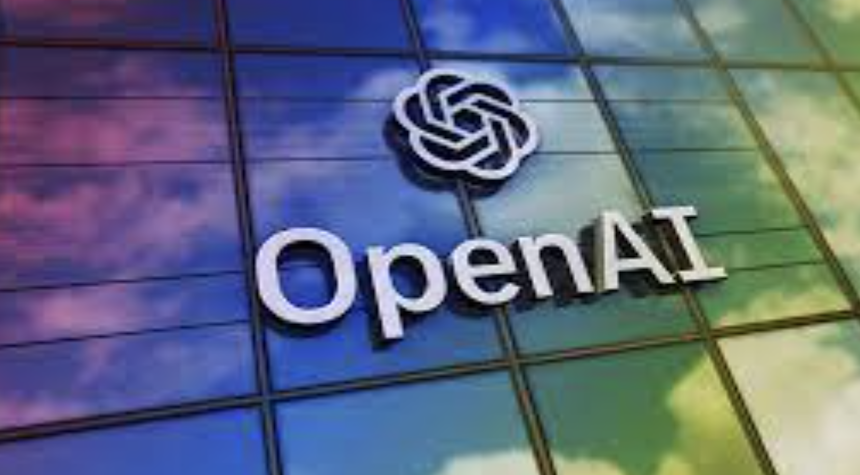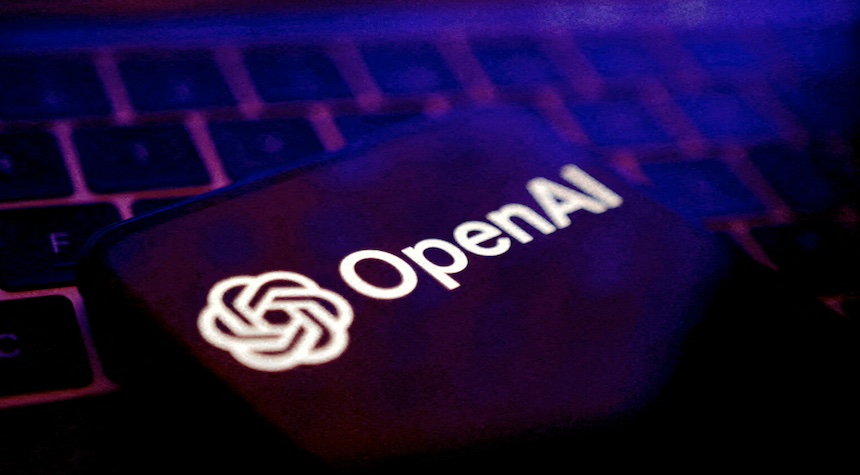Reports from California indicate that OpenAI, the artificial intelligence company behind ChatGPT, is facing significant regulatory scrutiny over its proposed restructuring plan.
OpenAI, currently operating under a nonprofit parent organization, seeks to transition to a for-profit model. This move has drawn the attention of California and Delaware attorneys general, who are investigating whether such a change violates nonprofit law. The company maintains it is working constructively with these offices and intends to create “one of the best-resourced nonprofits in history.”
OpenAI’s financial backers have conditioned approximately $19 billion in funding on receiving shares in the new for-profit entity. Without this conversion, the company’s ability to finance large-scale projects and compete in the global AI race could be jeopardized.
Also Consider Reading: N.Y. Village Sparks Uproar by Ordering Resident to Remove Pro-Trump Flag
California Attorney General Rob Bonta and Delaware Attorney General Kathleen Jennings have raised concerns about the company’s prioritization of growth over its charitable mission. They point to reports of suicides linked to interactions with ChatGPT as evidence of potential negligence.

Turning now to the opposition, philanthropies, nonprofits, and labor groups have called for investigations into OpenAI’s use of its nonprofit status. The California Federation of Labor Unions argues that profits from the company’s transition should benefit the public, given its prior nonprofit advantages.
OpenAI has responded to these challenges by pledging $50 million to nonprofit and community groups and modifying its restructuring plan to keep the nonprofit in control of the proposed new company. However, the controversy has intensified, with rival companies Meta and xAI taking legal action to block the conversion.
This situation raises important questions about the balance between technological innovation and public responsibility. As the story continues to unfold, we will follow developments closely.

